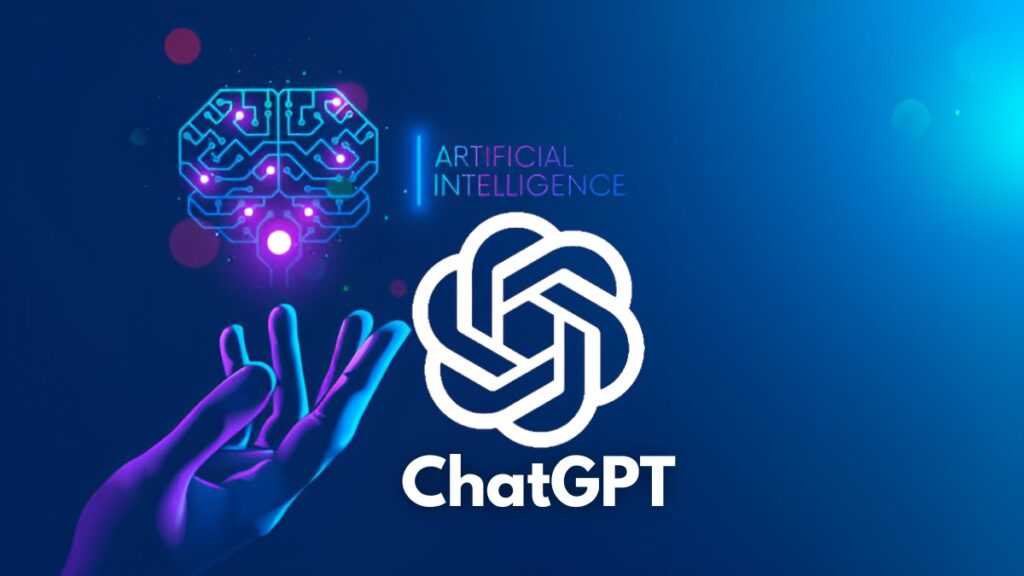
OpenAI is an artificial intelligence technology company founded in 2015 with the mission of developing advanced AI technologies to bring more value and convenience to humanity. OpenAI’s technologies are based on techniques such as deep learning and natural language processing, and are trained and optimized with vast amounts of data to achieve powerful AI applications.
OpenAI’s technology is widely applied in various fields, including natural language processing, computer vision, reinforcement learning, and robotics. For example, in the field of natural language processing, OpenAI has developed a series of powerful language models that can perform tasks such as text generation, question-answering systems, and conversation. In computer vision, OpenAI has developed advanced visual models that can achieve image recognition, image generation, and other applications. In reinforcement learning, OpenAI has developed advanced reinforcement learning algorithms that can be applied in intelligent robots and automatic control systems.
The strength of OpenAI’s technology lies in its powerful capabilities and broad range of applications. OpenAI’s technology can automatically identify and process various language and image features, extract useful information from them, and generate high-quality text and images. OpenAI’s technology can be applied in various fields, including science, engineering, medicine, finance, and business, to bring more value and convenience to various industries.
Although OpenAI’s technology has achieved great success, there are still some limitations. Because OpenAI’s technology is based on training with vast amounts of data, it may not provide precise answers when faced with new problems. In addition, OpenAI’s technology also poses some security risks and ethical issues that require further research and exploration.
In conclusion, OpenAI is a highly influential artificial intelligence technology company that has achieved broad application in various fields. OpenAI’s technology can bring more value and convenience to people, and its limitations, such as potential data biases and ethical concerns, are still being researched and addressed.

